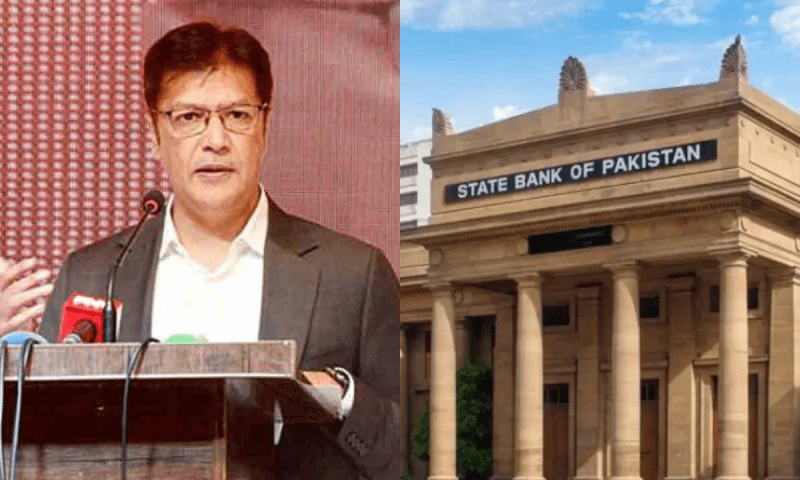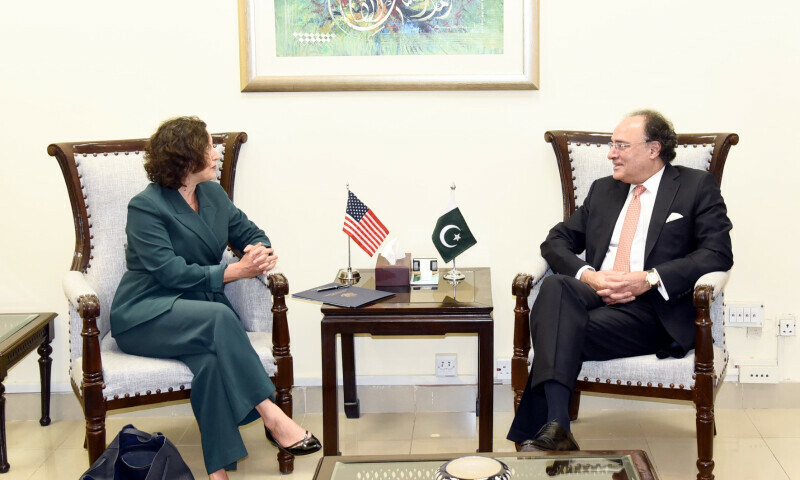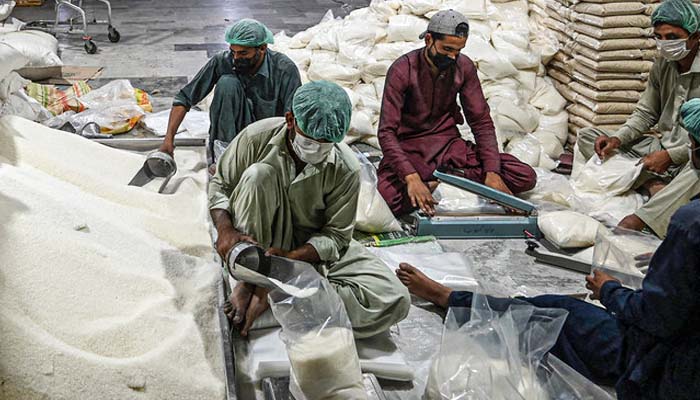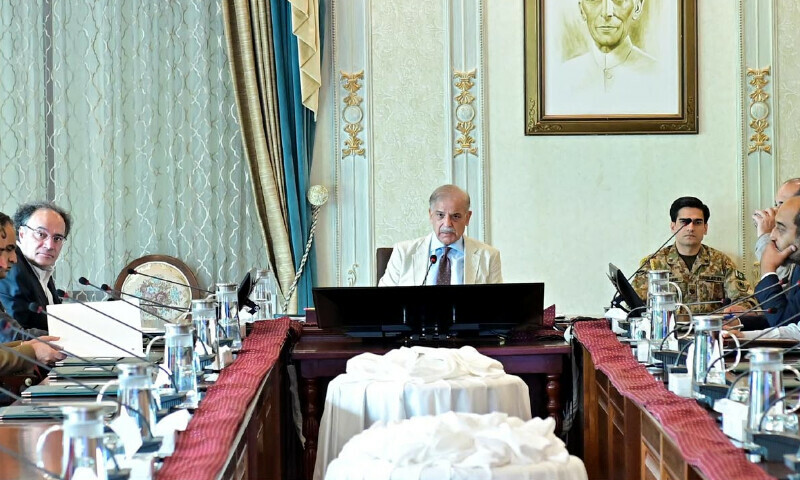TRADE & ECONOMY
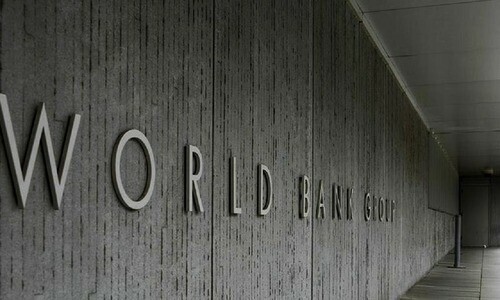
Pakistan is actively seeking additional financial and technical support from the World Bank (WB) to strengthen its economic reforms and development agenda. This includes a more transparent and efficient budget-making process, a uniform provincial mechanism for agricultural taxation, and a focus on climate resilience.
The World Bank has already committed a financial pipeline of around $10 billion over the next five years, with an estimated $2 billion per year, under the forthcoming Country Partnership Strategy (CPS), which is set to be finalized next month. This renewed collaboration aims to support Pakistan’s key development objectives, including sustainable growth, fiscal discipline, and improved resource utilization.
Key Discussions and Areas of Focus
In a crucial meeting on Tuesday, Finance Minister Muhammad Aurangzeb and World Bank’s Country Director, Najy Benhassine, led their respective teams to discuss areas where the bank’s support would be critical for Pakistan's economic recovery and growth. The Finance Minister highlighted the significance of continued collaboration with the World Bank in achieving Pakistan’s long-term economic goals, especially in fiscal and structural reforms.
Discussions included several priority areas:
Tax Policy and Revenue Mobilization: One of the main focuses was enhancing the country’s tax framework to improve revenue collection and compliance, ensuring a fair and transparent tax system. Both sides discussed the need for a streamlined and equitable taxation mechanism, particularly with regard to agricultural income tax and the harmonization of the Goods and Services Tax (GST) across provinces.
Improving Public Financial Management: The World Bank offered technical assistance to modernize the budget-making process, improve transparency in public finances, and ensure more accountability in the management of public resources. An effective debt management strategy was also emphasized to ensure fiscal sustainability and mitigate risks.
Agricultural Taxation: Another key focus was developing a uniform agricultural tax system across provinces. As the agriculture sector's revenue falls under provincial jurisdiction, the government aims to align federal and provincial systems to better manage tax collection in this vital sector. The World Bank’s technical support will also help build capacity at both the federal and provincial levels.
Climate Resilience and Clean Energy: The upcoming Country Partnership Strategy (CPS) will place a strong emphasis on climate resilience, clean energy transition, and decarbonization. Specific initiatives include improving air quality in Punjab and boosting hydroelectric power generation as part of the clean energy agenda.
Social Development and Macroeconomic Stability: The CPS will also target pressing social issues like child stunting and the education of out-of-school children, aiming to create a more inclusive economic environment that supports long-term growth.
World Bank’s Continued Support
During the meeting, World Bank's Najy Benhassine reiterated the bank’s commitment to assisting Pakistan in overcoming economic challenges. He acknowledged the government’s reform efforts and assured continued support in key areas, including fiscal reforms, climate adaptation, and strengthening public finance management.
The World Bank’s partnership with Pakistan will also extend to facilitating the expansion of the private sector by improving the business climate and addressing macroeconomic imbalances. This support will help strengthen Pakistan’s overall economic stability and ensure sustainable development.
Looking Ahead
The finalized Country Partnership Strategy will guide future collaboration between the World Bank and Pakistan, focusing on improving fiscal health, addressing climate change, and fostering economic inclusivity. With a focus on fiscal reforms, improved agricultural tax collection, and climate-resilient infrastructure, the partnership is seen as a crucial element in Pakistan’s recovery and long-term growth trajectory.
